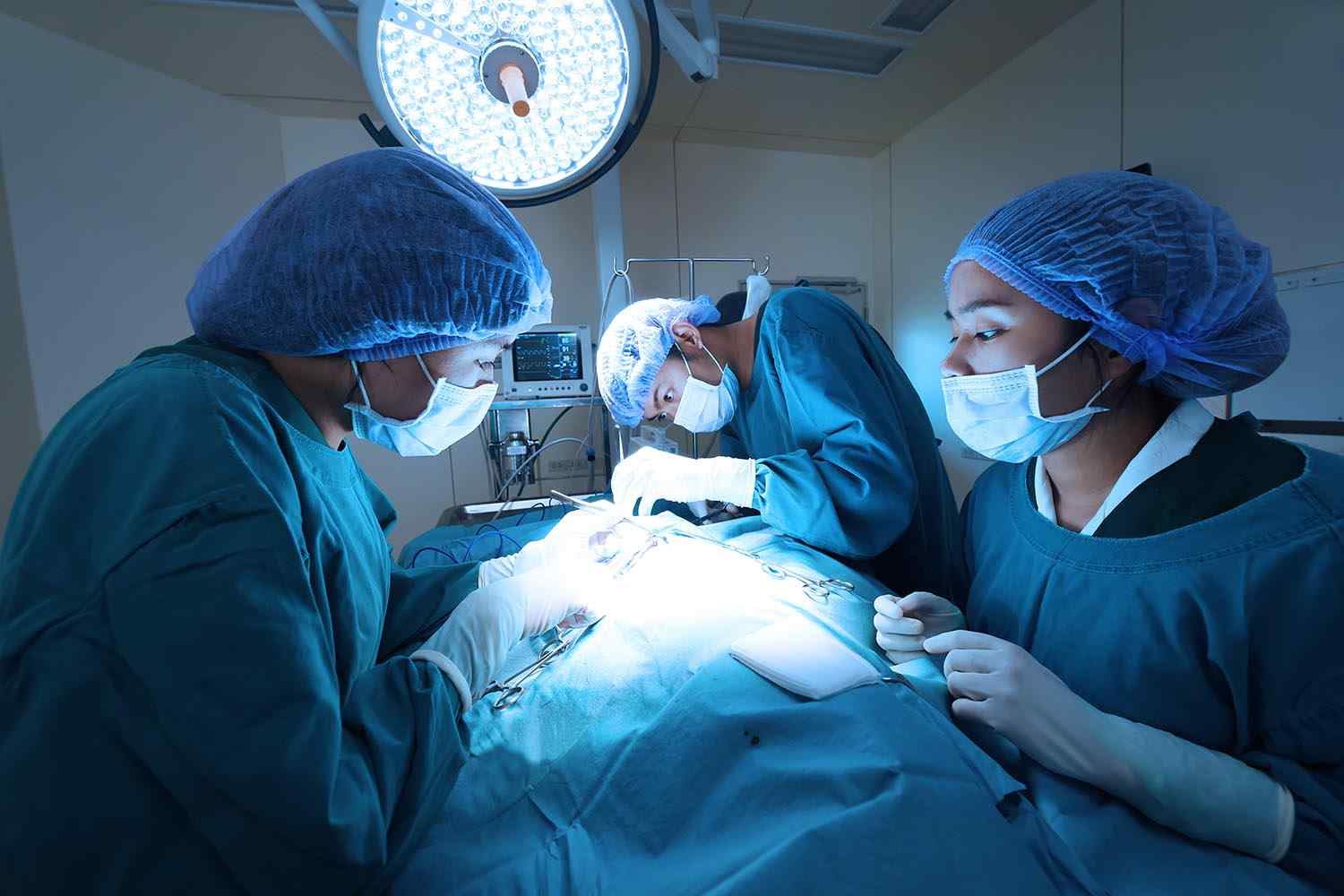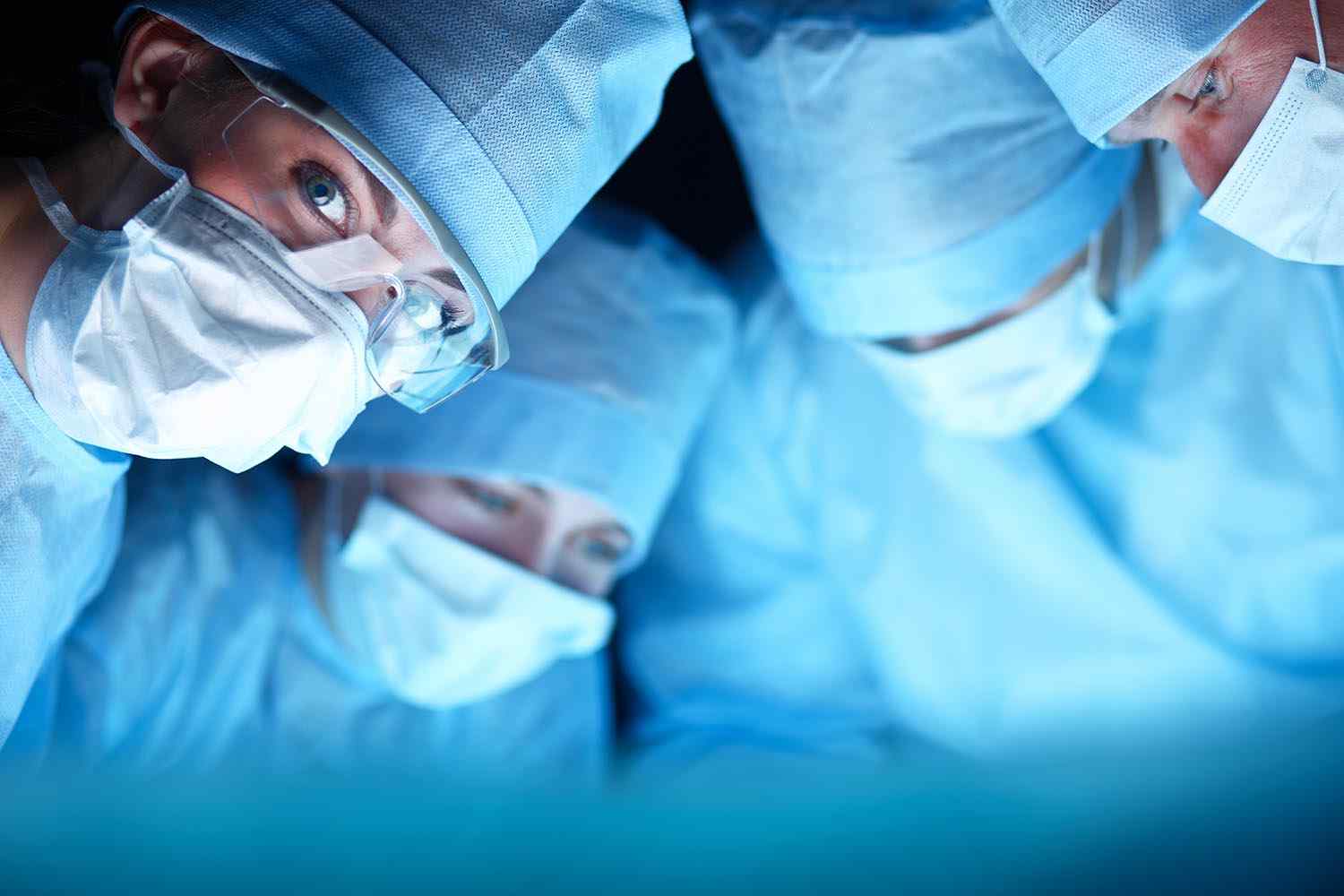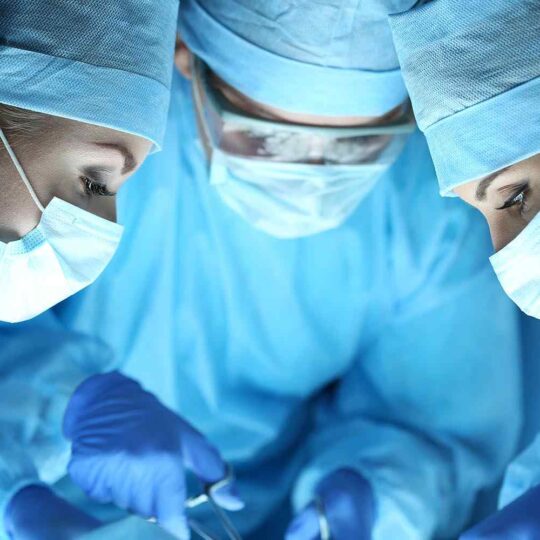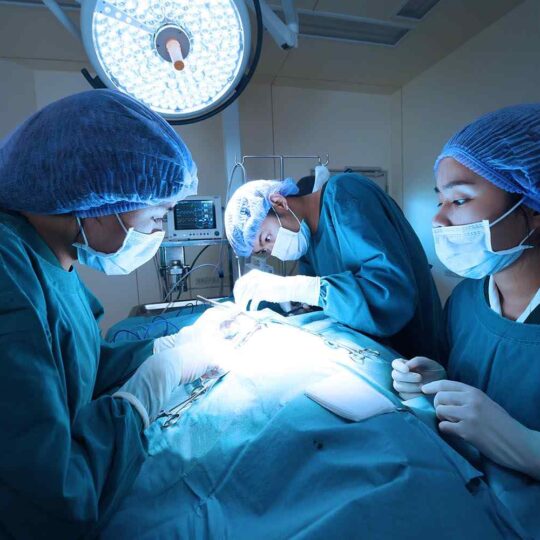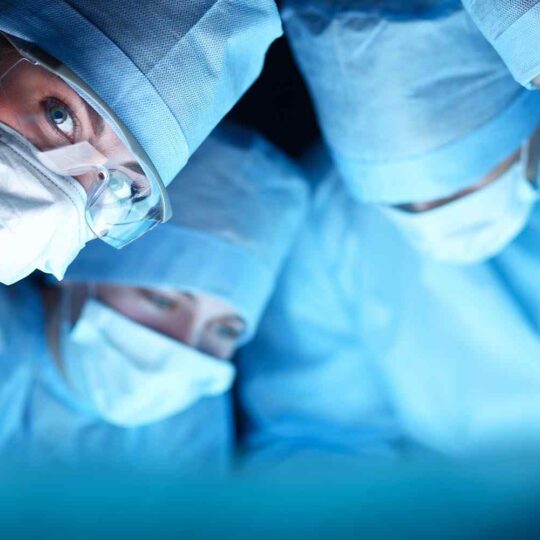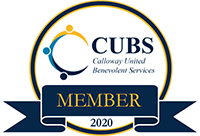Heart surgery
According to the National Heart, Lung, and Blood Institute (NHLBI), coronary artery bypass grafting (CABG) is the most common type of heart surgery done on adults. During this surgery, a healthy artery or vein is grafted (attached) to a blocked coronary artery. This allows the grafted artery to “bypass” the blocked artery and bring fresh blood to the heart.
Open-heart surgery is sometimes called traditional heart surgery. Today, many new heart procedures can be performed with only small incisions, not wide openings. Therefore, the term “open-heart surgery” can be misleading.
When is open-heart surgery needed?
Open-heart surgery may be done to perform a CABG. A coronary artery bypass graft may be necessary for people with coronary heart disease.
Coronary heart disease occurs when the blood vessels that provide blood and oxygen to the heart muscle become narrow and hard. This is often called “hardening of the arteries.”
Hardening occurs when fatty material forms a plaque on the walls of the coronary arteries. This plaque narrows the arteries, making it difficult for blood to get through. When blood can’t flow properly to the heart, a heart attack may occur.
Open-heart surgery is also done to:
- repair or replace heart valves, which allow blood to travel through the heart
- repair damaged or abnormal areas of the heart
- implant medical devices that help the heart beat properly
- replace a damaged heart with a donated heart (heart transplantation)
How is open-heart surgery performed?
According to the National Institutes of Health, a CABG takes from three to six hours. It’s generally done following these basic steps:
- The patient is given general anesthesia. This ensures that they will be asleep and pain free through the whole surgery.
- The surgeon makes an 8- to 10-inch cut in the chest.
- The surgeon cuts through all or part of the patient’s breastbone to expose the heart.
- Once the heart is visible, the patient may be connected to a heart-lung bypass machine. The machine moves blood away from the heart so that the surgeon can operate. Some newer procedures do not use this machine.
- The surgeon uses a healthy vein or artery to make a new path around the blocked artery.
- The surgeon closes the breastbone with wire, leaving the wire inside the body.
- The original cut is stitched up.
- Sometimes sternal plating is done for people at high risk, such as those who’ve had multiple surgeries or people of advanced age. Sternal plating is when the breastbone is rejoined with small titanium plates after the surgery.
What are the risks of open-heart surgery?
Risks for open-heart surgery include:
- chest wound infection (more common in patients with obesity or diabetes, or those who’ve had a CABG before)
- heart attack or stroke
- irregular heartbeat
- lung or kidney failure
- chest pain and low fever
- memory loss or “fuzziness”
- blood clot
- blood loss
- breathing difficulty
- pneumonia
According to the Heart and Vascular Center at the University of Chicago Medicine, the heart-lung bypass machine is associated with increased risks. These risks include stroke and neurological problems.
- Category
- Services
- Type of service
- Surgery
- Cost of service
- Starting from $2000

